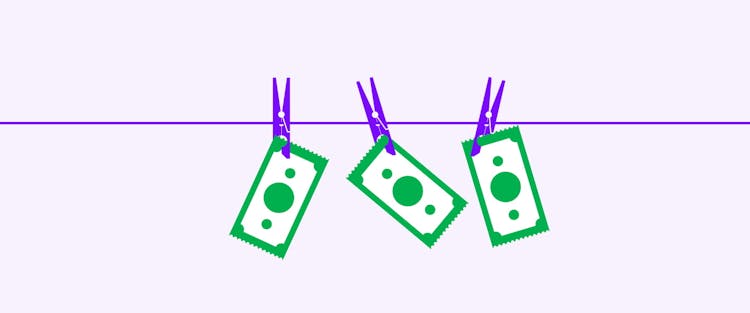If you google ‘how to become successful,’ the search engine will offer approximately a billion different results. And even with all that variety of success recipes, it will take some time to find at least one of them mentioning the importance of a college degree. The societal mantra that used to link career triumph with a fancy diploma has started losing its credibility.
In this summary, American author, blogger, and public speaker Michael Ellsberg guides through the process of gaining financial freedom and explains how academic credentials don’t guarantee work success. He also answers the eternal question of how to become successful.
Chapter one: Academic excellence is not a golden ticket for success in life
The only way to ensure a successful life solely through hard school work would be inventing the time machine and going to a job interview in the previous century. Yet, today’s industry is different: most jobs don’t require formal education anymore.

Nowadays, practical skills hold a much bigger value than theoretical knowledge gained in college. Sure, higher education can still boost your critical thinking and expand your mind. But it won’t maximize your chances of professional success.
Chapter two: In the current work environment, learning must continue throughout life
Those who became millionaires through self-education have much to teach us about practical skills needed in an evolving and self-reinventing economy. The author explains how much he had to learn from these self-educated millionaires despite his college degree. It took him zillions of workshops and a zillion books until something started to shift.
Technology has opened new kinds of opportunities to be successful to anyone who wants to pursue them regardless of formal education.
Malcolm Gladwell, the author of ‘Outliers: The Story of Success,’ showed that such factors as creativity, innovative thinking, and practical and social intelligence have much more influence on real-world results than academic skills. The development of these aptitudes does not happen in formal institutions but out in the real world.
Becoming a life-long learner is crucial if you want to achieve great heights in your career. But, more importantly, education is not defined by academic intelligence. Instead, it is about your initiative, your ability to contribute to other people’s lives, your ability to come up with good ideas and pitch them effectively. Eventually, it is about your charisma and an unwavering belief in your eventual triumph, no matter what the naysayers tell you.
Chapter three: Knowledge work has caused a shift in the economy with implications as massive as those during the change from an agrarian to an industrial society
The Great Recession of 2008-2010 drastically reduced the number of jobs available to college graduates. They graduated with student loans up to $100,000 and sacrificed 4 years of their productive lives to find out that their promised jobs had vanished.
In a bid to settle this debt, many graduates have been forced to take up low-level jobs completely different from their course of study and with much lower pay than they anticipated in college. These outcomes have led them to question traditional assumptions about how to make a mark in the world.
In the last century, large bureaucratic corporations dominated the path of social mobility. Thus, people followed the classic scenario: study hard in school, go to a good college, get a steady job at a large corporate or government bureaucracy, and rise through middle management ranks.

This growing competition has forced many people to create careers for themselves that can’t be outsourced, offshored, or automated. These people are called knowledge workers.

For knowledge workers now, their work tools have become so affordable that the “means of production” have once again become accessible to individual workers. In the book ‘Free Agent Nation: The Future of Working for Yourself,’ Daniel Pink describes this new reality as digital Marxism.
Digital Marxism teaches that to become a powerful digital entrepreneur, it is important to own the means of production.
In addition to owning the means of production, knowledge workers are starting to realize that formal educational credentials are irrelevant to the new economic reality. Now it is about performance and results.





